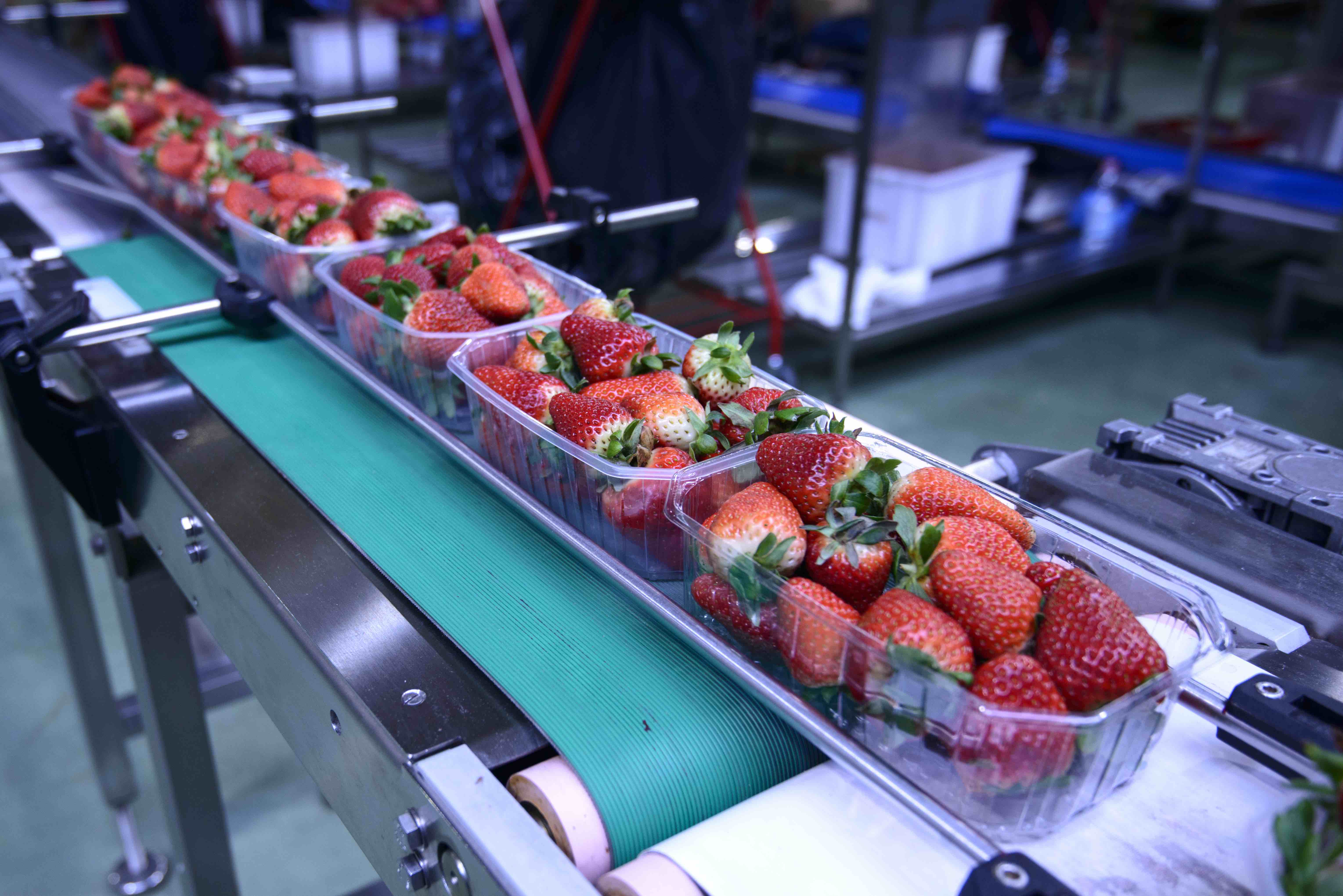
Food processing sector witnesses FDI equity inflow of $ 3.28 bn during the last 5 years
Exponential growth of the food processing sector is likely to influence the commercialisation of agriculture, increase in farmers’ incomes, employment generation and the creation of an export market for agro-foods. A number of initiatives have been rolled out by the Government to strengthen the industry, ranging from speedy approvals for foreign collaborations and industrial licenses, to the allowance of 100% FDI through the automatic route.
The Ministry has set a target of doubling farmers’ incomes by 2022 and is focused on using technology-based solutions to modernise and commercialise agricultural activities in rural India. Several platforms have been set up for accomplishing the aforementioned target.
Under the aegis of the Ministry of Agriculture and Farmers’ Welfare and led by the Small Farmers Agribusiness Consortium (SFAC), a National Agriculture Market (eNAM) has been created as a unified electronic trading portal for agricultural commodities.
A dedicated investor portal – Nivesh Bandhu, has also been set up as a resource base for detailing land availability, fiscal incentives and state policies and to disseminate information about agricultural reforms.
The Pradhan Mantri Kisan SAMPADA Yojana (PMKSY) has been launched with an intent to create modern infrastructure, with an efficient supply chain management system from the gate to the retail outlet. A special focus has been placed on developing integrated cold chain and preservation facilities at the grassroots level.
FSSAI relaxes registration norms for direct sellers of food products
The apex food regulator of India has issued a directive that states: last-mile delivery personnel, direct selling agents, food vending machines, water vending machines, food ATMs owned by a single entity - and branded food carts owned by a single entity - are exempt from the requirement of FSSAI registration.






